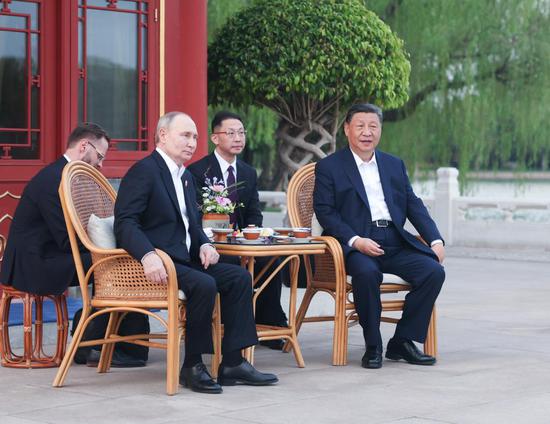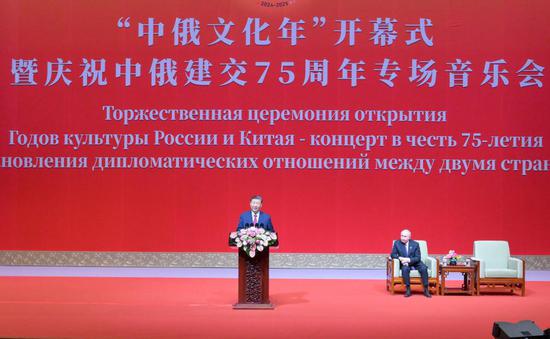'Compensatory newborns'
The fertility plans of women of childbearing age in China have remained unchanged despite the announcement of the third-child policy, according to a study released in January by the China Population and Development Research Center and Chinese Academy of Social Sciences' Institute for Population and Labor Economics.
The effects of the second-child policy are also waning, the researchers found.
"Due to the COVID-19 pandemic's suppression of fertility from 2020 to 2022, it is estimated that there will be a certain number of compensatory childbirths from 2023 to 2025, and a slight rebound in the fertility rate and the number of newborns," it said. "But the dominant trend of delaying first marriages and childbirth will continue."
The number of "compensatory newborns" — those born to families who postponed having children due to the outbreak — is expected to be no more than 2 million in total, it added.
Policymakers should focus on the growing average age of people tying the knot and having children for the first time, as well as the rising number of women who never get married and choose to never have children.
A lack of robust fertility supportive policies, delays in first marriages and first childbirths, along with women choosing to remain single and childless "will have a major impact on fertility levels in the future," the study said.
Declining birthrates are affecting many countries around the world, He Dan, director of the China Population and Development Research Center, said in a signed article in March. In 45 countries and regions, fertility rates had dropped to below 1.5 by 2021, while the rate in China dropped to an extremely low level during the pandemic, she said.
The number of children that women of childbearing age considered ideal was 1.86 in 2022, which was 0.7 higher than the actual fertility rate, He said. Difficulties in their lives, unsure expectations for the future, changing social norms on the value of families to contemporary society, and a tendency among couples to take a wait-and-see attitude toward childbearing, accounted for "80 percent of these unmet fertility intentions", she said.
China has launched a string of measures to encourage births, but it will take time for the effects to show and existing measures are insufficient to meet public expectations, He said. She suggested improving basic services in fertility insurance, infant care and nursery care to help couples strike a balance between career development and building a family. Reforms in education, housing and healthcare also need to be advanced to reduce child care costs, He added.


















































 京公网安备 11010202009201号
京公网安备 11010202009201号